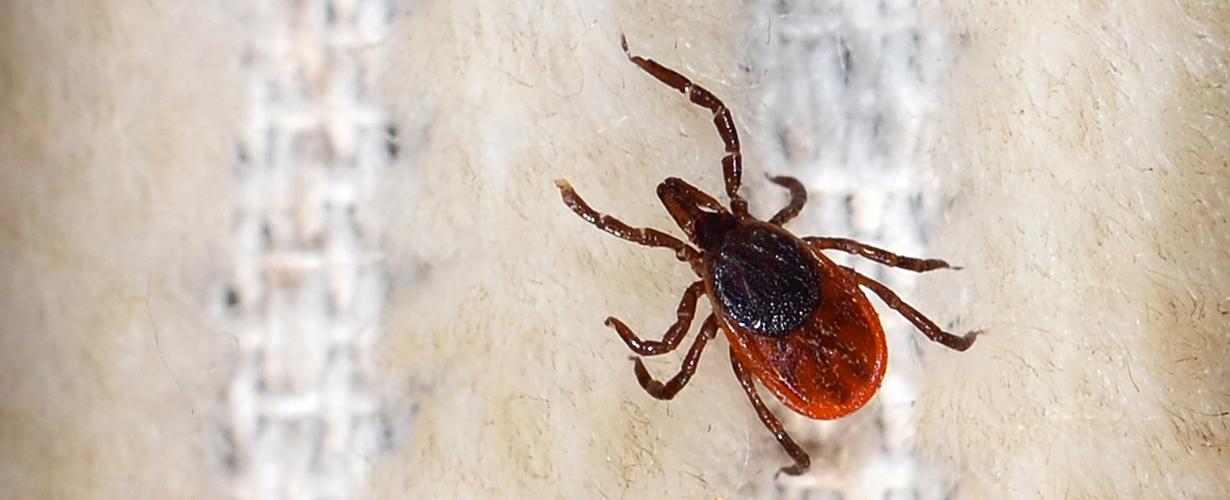Efficacy of 'Ribavirin Treatment' in Hemorrhagic Fever
Up to 40% of people die from a viral hemorrhagic disease and until now physicians cannot agree if the only treatment available, an antiviral drug by the name of Ribavirin, is actually effective in treatment.

Now, in a Cochrane Review, a group of researchers at the London School of Tropical Medicine (LTSM) along with colleagues in London, The Philippines and in Greece, have attempted to evaluate the efficacy of treating Crimean Congo hemorrhagic fever (CCHF).
Spread by the bite of an insect (or through contact of infected animal tissue), Crimean Congo hemorrhagic fever is becoming more common in Turkey, Eastern Europe and the Eastern Mediterranean. Physicians treating infected individuals in a hospital setting will seek intravenous fluids, blood and appropriate nursing care. The Ribavrin debate has become common among health care providers treating CCHF with strong supporters on one hand, and those fighting to stop its use on the other hand.

The review investigators discovered that one trial involving 136 participants, and some observational comparative studies involving 612 participants. However, the overall analysis of these studies has not provided a definite answer on the effectiveness of Ribavirin. The studies were investigated to be primarily biased. Even though a small number of individuals receiving Ribavirin treatment died, the apparent effect could be due to the drug, or equally because individuals that were receiving the drug could have also been less sick, or been recipients of top-notch medical care earlier in the CCHF disease progression.
Lead investigator, Dr. Samuel Johnson, explains that "Some doctors advocate giving ribavirin, and state that not to give it is even unethical. The problem is that the studies claiming to demonstrate benefit from the drug are designed in such a way we cannot separate the effect of the drug from other factors, and thus we do not know if ribavirin is effective at all."
The review paper urges the need for reliable research in a randomized control trial in order to test the efficacy of Ribavirin. "The irony is that the strong beliefs and the widespread use of the drug may make it difficult to actually carry out the research needed" states Dr. Johnson. "What we need to know is whether it works, when it works, and how good it is."
Sources: Cochrane Database of Systematic Reviews, Science Daily








